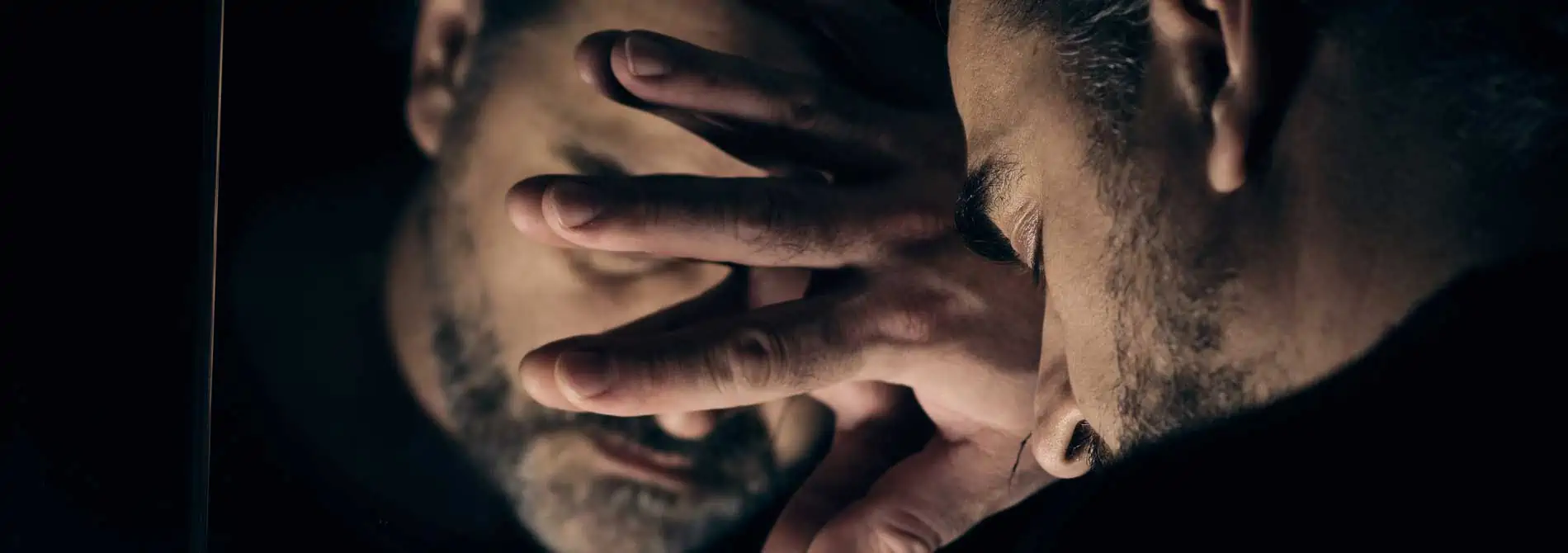In an era when people use social media daily to present a flawless version of themselves, using those same platforms to share anything less than perfect may seem risky. While we know inspirational recovery stories do get public attention on those sites, it’s not something everyone will feel comfortable doing. Today, let’s look at some ways to move from concealing a substance use disorder to revealing it to others, in an offline manner.
Shame over a substance use disorder can be a major driving factor in concealing a life-threatening use of drugs or alcohol and can interfere with a person’s ability to advocate for themselves by opening up about the SUD. In some instances, the child of a parent with an SUD may have grown up seeing the stigmatization related to drug or alcohol use, and it may further complicate their attempt to admit they have a drug or alcohol problem. For people who recognize they are living with a substance use disorder, a first step to moving towards recovery can come in identifying a supportive person (or people) with whom to authentically share the existence of the SUD.
If you or a loved one need help, call our admissions team today at 561-270-1753.Have you lied about your substance use?
A lie about your substance use could be a flat-out denial that you use at all. You might lie about when you last used drugs or alcohol. You may have found situations or relationships more manageable if you simply hide the truth or you may be attempting to protect your professional reputation and career.
Have you told others a version of the truth about your substance use?
A version of the truth has some element of truth in it without revealing the entire truth. Someone with an SUD might admit to opiate use on occasion without telling anyone it affected their role at a previous job or led to a breakup. These partial truths may seem reasonable if you feel like it’s benefited you in the past.
Have you attempted to tell the truth to unsupportive people?
Making the choice to tell someone else about your SUD doesn’t necessarily mean the person you chose will be nonjudgmental. You may have admitted that you have a substance use issue and gotten only ridicule from someone who didn’t care or someone who threatened to use it against you at some point. These past attempts to open up may have been based on whoever was in your social circle or in your immediate environment rather than carefully chosen and responsible individuals.
Did you see a negative response to a parent’s drug or alcohol problem?
Watching someone getting shamed or ridiculed for having a substance use disorder certainly won’t make admitting you have an SUD an easier process. Your parent may have been ignored by friends and family members once news of their drug or alcohol use was made public. You may have seen how that shame affected all areas of their life, including their relationship with you then and in the subsequent years.
What would be one goal for you to tell someone about your SUD?
Your goal may be to ask for help, to be heard and understood, or to safeguard the career you have diligently devoted yourself to building for years. Perhaps your goal is finding someone who will still accept you after you break this news to them. Whatever you see as a purpose in sharing this kind of personal struggle, recognize that you are entitled to safe space to work towards that goal.
What does your moment of sharing that you have an SUD look like?
There’s no playbook to refer to when deciding how to have a life-saving conversation about substance use. Your preferences are what’s important. So, think of the details involved in having this one-on-one or small group conversation: What’s the setting? When does it take place? Who’s there? Preparing for this moment is a form of self-advocacy where you have accepted the reality of the harm drug or alcohol use is doing to your life and you are ready to set aside the negative feelings and focus on what’s necessary to get your recovery started.
Headwaters is a well-known care provider offering a range of treatment programs targeting the recovery from substance use, mental health issues, and beyond. Our primary mission is to provide a clear path to a life of healing and restoration. We offer renowned clinical care for addiction and have the compassion and professional expertise to guide you toward lasting sobriety. For information on our programs, call us today: 561-270-1753.





